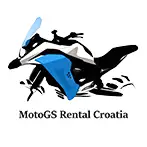Motorcycle rental tips and tricks in Croatia
Motorcycle rental tips and tricks in Croatia
Category: Precautions | Travel Recommendations
All about roads and rental requirements. Before you go and rent a motorcycle, it's always good being prepared. Croatia is a wonderful country and needs to visit. For sure, Croatia is a part of Europe and Balkan which is on the must do list of many people. But as you decided on a destination in general, holiday planning comes to your mind. Questions arise and many things need to be sorted out first. To get you sorted without any stress, here are a couple of “all you should know” - tips and tricks which might come up before you come to our beautiful country.
All kidding aside, we know the summer months mean less time indoors at your computer or on your phone, but it’s also the peak season for renting motorcycles.
So be prepared yourself.
Croatian roads
Good highway infrastructure will usually get you from point A to point B faster, but if you're keen on exploring, state roads and secondary roads are also good options. In other words, the guaranteed better option. Almost all secondary roads are perfectly and safely developed. The coastal road, the Eldorado for motorcycle enthusiasts, does not need to shy away in terms of the quality of construction compared to a German side road, for example. And of course, these side roads not only lead past breathtaking scenery, but they are also free of charge. If you still want to use the expressways or motorways, you will have to pay a toll for the use of motorways, bridges, and tunnels, depending on the route and length of the route. There is no video toll or vignette for cars and motorcycles in Croatia, as there is in Austria or Slovenia. Two systems are used to collect tolls on Croatian motorways: Open system: At bridges, tunnels, and shorter sections of motorway there is a toll booth that serves as an entry and exit.
The toll is then paid at toll stations. Sometimes you get a ticket at the beginning of the toll route, which is only paid for when you leave the section. In some cases, the toll is also required when entering the motorway. The amounts can be paid in cash and by credit or debit card.
Best season to rent a motorcycle in Croatia
If you want to rent a motorbike in the Dalmatian region of Split or Dubrovnik, the best season for your upcoming tour is spring, which means from mid-April to the end of June. May has an average high of around 20 degrees and the lowest is 15 degrees Celsius. In April, temperatures range from 11 to a maximum of 17 degrees. So actually, the most pleasant climate for motorcycling.
It's a bit hot in high season, late June to late August, but you can plan your route or routes inland where the slightly more pleasant climate prevails. So, it's not as hot there as on the coast.
But don't think that the motorcycle season ends at the end of August or September. Definitely not, because at the beginning of September, when there are fewer tourists in Croatia and especially on the beaches, the best time for motorcycling begins. From the beginning of September to mid-November there are still pleasant temperatures that really invite you to tour.
No matter what season you plan your tour for, you can visit the Plitvice Lakes National Park and the Gorski Kotar region with breathtaking nature including springs and waterfalls almost all year round. You can visit the Krka waterfalls or explore countless other beautiful landscapes and natural wonders. You can also explore the islands and beaches, and if you are a sea lover, visit the Golden Horn beach of Zlatni rat, for example.
Croatia, and Split in particular, is geographically perfectly located, because all the surrounding countries such as Slovenia, Slovakia, Romania, Bosnia and Herzegovina, Montenegro and Albania can be easily travelled from here. Not forgetting Italy, of course. It is always worth a ferry crossing and an overnight stay on the ferry, for example Split-Ancona or Dubrovnik-Bari.
Croatia is simply worth a trip. There is no question about it.
Cuisine
On a motorcycle tour in Croatia, local gastronomy and culture is an important part of the overall experience. Depending on your needs and desires, you can choose between a restaurant or a more local eatery. Traditionally, Croatian cuisine is influenced by different cuisines depending on the region. The mainland is influenced by German, Austrian, Hungarian, and Turkish culinary practices, while coastal parts are associated with Greek and Italian cuisine. All in all, it is a balanced Mediterranean mix. Like most Slavs, Croatians love their meat, potatoes, and bread. In the coastal areas, fish and olive oil naturally predominate, with plenty of leafy greens. An absolute MUST to try the Croatian specialties, such as:
Cevapcici
Cevapcici (correct spelling: Ćevapčići) are, according to numerous gourmets, the absolute classic when it comes to specialties of Croatian cuisine. This is the most famous dish served in this country.
The cevapcici are about 5 to 10 centimetres long rolls made from minced meat and then grilled. In the past, they were created from lamb in south-eastern Europe. In modern times, people mainly use beef to make cevapcici. Before shaping, season the meat with salt, pepper, paprika powder and savory. Then mix the mixture with pressed or chopped garlic. A little baking soda ensures that the rubbery consistency is achieved.
The cevapcici taste particularly delicious in combination with flatbread. Croatians prefer Djuvec rice as a side dish, but fries are also very popular. Ajvar is often served with cevapcici. The red paprika sauce, which can also be eaten as a spread, is very popular in south-eastern Europe as well as in Turkey.
Peka
Dish is placed in a stone oven under a metal cover. Hot coals are then added and placed on the lid, slowly cooking the meat in its own juices. Specialties include lamb, veal and octopus.
Grilled fish
Brudet, fish stew, traditional Dalmatian dish that you can find in most fish restaurants. Different types of fish slow cooked with potatoes and tomato sauce, usually served with homemade bread. Croatia has a stew tradition. There are many variants. However, if you're traveling in peak season or spring, we'd recommend something lighter.
Oysters and mussels
Oysters are widespread in the Mediterranean and also typical of Dalmatian cuisine. They are served immediately after being taken out of the sea and enriched only with lemon juice. One of the most famous mussel farming areas is around Ston northwest of Dubrovnik.
Brački vitalac
Meat and intestines slowly cooked in the stone oven. A dish that has its origins on the island of Brač and is at least a few centuries old.
Buzara
Buzara Shellfish sautéed in garlic, olive oil, parsley and white wine.
Cheese
Sheep and goat cheese are the most popular. Paški cheese is one of the most famous. Getting to the island of Pag is easy. If you visit the island of Pag, don't forget to visit the cheese factories.
We hope you enjoy exploring the charming corners of Croatia. And there are lots of them!
Always have a good ride with the BMW GS motorcycle you rented.
Your
MotoGS WorldTours - Tour Operator and
MotoGS Rental - Motocycle Rental Croatia
TAGS
traffic rules croatia tolls croatia croatian specialties croatian roads croatian food croatia holiday planningShare Your Thoughts
Share your experiences, questions, or suggestions!
Comments from Fellow Riders
Nobody has commented yet – your thoughts?
Blog categories
Rent a motorcycle in Split Croatia

* BMW F750GS - lowered
The perfect rental motorcycle - the BMW F750GS. This motorcycle is the new standard in the middle class ...

* BMW F750GS
The perfect rental motorcycle - the BMW F750GS. This motorcycle is the new standard in the middle class ...

* BMW F800GS
This bike has ADVENTURE IN THE BLOOD!
Live for the challenge. Ride further where others don't ride. Turn the challenges into ...

* BMW F850GS
ADVENTURE IN THE BLOOD
Live for the challenge. Ride further where others don`t not ride. Turn challenges into opportunities.

* BMW F900GS Adventure
AS UNIQUE AS NEW ADVENTURES!
Hungry for experiences and something different? Your GS is already waiting for you. Ready to ...

* BMW R1250GS - lowered
Whether on extended tours or off-road: The BMW R1250GS with its boxer engine combines driving dynamics ...

* BMW R1250GS
Whether on extended tours or off-road: The BMW R1250GS with its boxer engine combines driving dynamics ...

* BMW R1300GS (DSA)
There is no such thing as a too big project, just the wrong equipment. Luckily, you do not have to worry about ...

* BMW R1300GS (DSA + ASA)
Your wanderlust knows only one answer: BMW R1300GS. When you set off for distant destinations ...

Motorcycle tires
Motorcycle tires | Travel enduro | Enduro

Ride the Trans Euro Trail (TET)
Good reasons you need to ride the Trans Euro Trail (TET).

The magic of the Balkans
Whenever “The Balkans” comes to mind, the first thought that comes to mind is: “I want my next vacation SOON.”

The International Driving Permit
What you should consider with your national motorcycle license ...
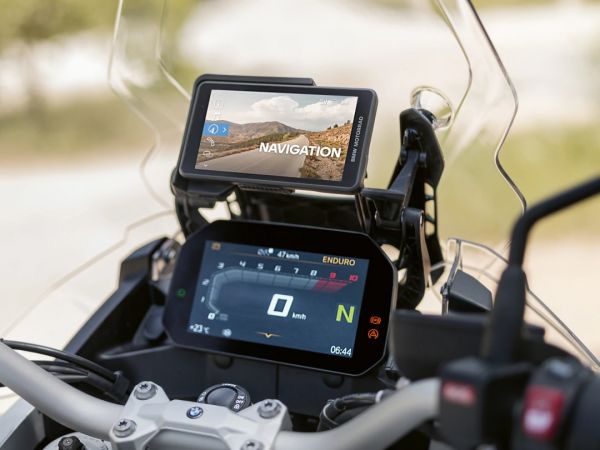
BMW Motorcycle ConnectedRide Navigator
The new BMW Motorcycle ConnectedRide Navigator ...

BMW-ConnectedRide Cradle and ConnectedApp
Riders of new BMW models have several options for using information and entertainment ...
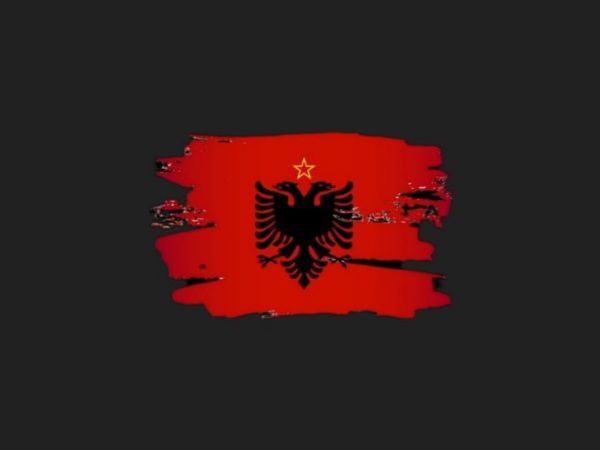
Traffic regulations in Europe - Albania
What should be considered on a motorcycle tour to or through Albania?
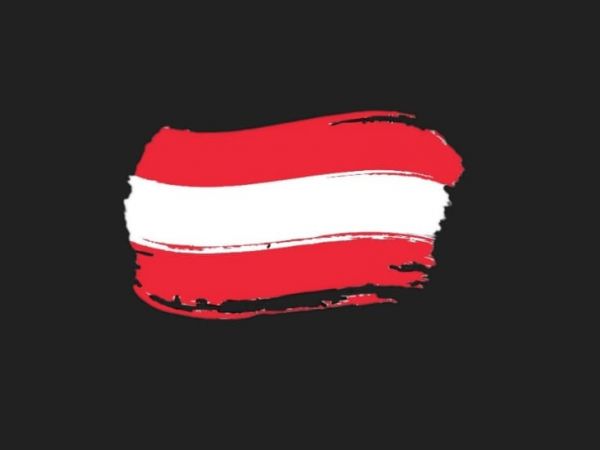
Traffic regulations in Europe - Austria
What should be considered on a motorcycle tour to or through Austria?
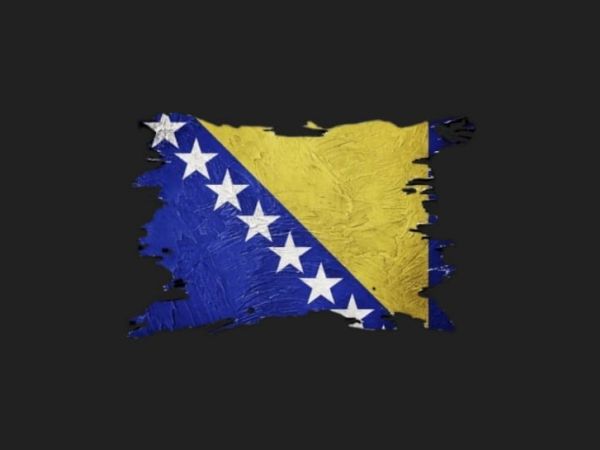
Traffic regulations in Europe - Bosnia Herzegovina
What should be considered on a motorcycle tour to or through Bosnia and Herzegovina?
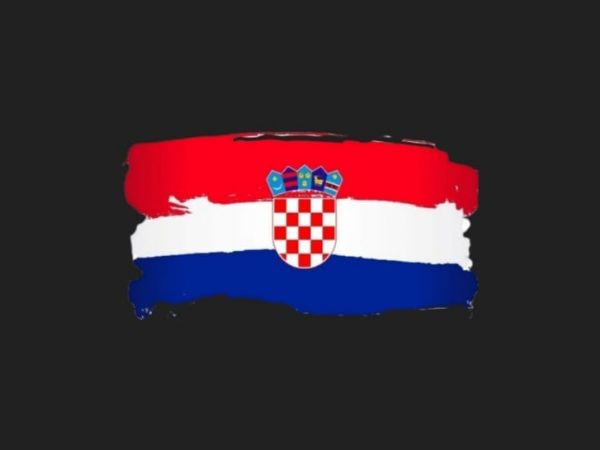
Traffic regulations in Europe - Croatia
What should be considered on a motorcycle tour to or through Croatia?
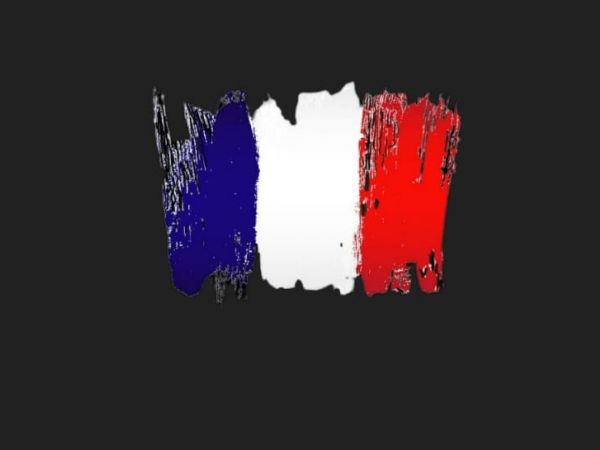
Traffic regulations in Europe - France
What should be considered on a motorcycle tour to or through France?
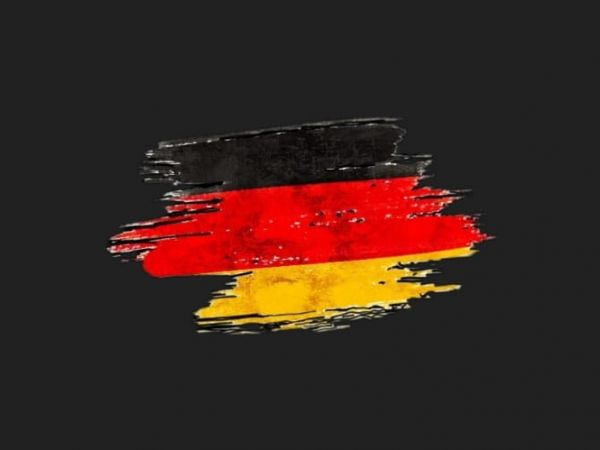
Traffic regulations in Europe - Germany
What should be considered on a motorcycle tour to or through Germany?
